I have been admitted to a mental hospital twice so far. When people hear the word “mental hospital,” they may have a frightening impression that it is like a prison where one’s freedom is constrained, so I would like to introduce my experiences in the hospital and hope to clear up some misunderstandings.
The first hospitalization lasted about a month, the second about three months, and the time between the first and second about four or five years.
In some cases, a person may be involuntarily admitted to a mental hospital. In some cases, a person is involuntarily admitted to a psychiatric hospital, where his or her safety is the top priority.
The hospitalization is voluntary and lasts for three months.
You cannot be hospitalized for more than three months. The longest they can stay is three months. Since it is a voluntary hospitalization, the doctors usually assume that the patient will be in the hospital for three months and set up a program for him/her during the hospitalization, but of course, he/she is allowed to leave early if he/she does not want to.
There are closed wards and open wards. The word “closed” may sound scary, but some people choose closed wards over open ones, because they feel more comfortable with the restrictions.
On both occasions, I was in a private room in an open ward, where three meals were brought to the private room at a fixed time. Even though I was in a private room, there was a lobby where everyone gathered, and many people ate there, but I ate in my room. This was partly because I was not very good at interacting with people.
In the morning, I ate breakfast at 8:00 a.m., took my cell phone that I had left at 9:00 a.m. yesterday, and from 9:00 a.m. onward, I was free. I was free to go outside. I was supposed to write down where I was going in my notebook, but the nurses didn’t check every time.
After eating lunch at 12:00, they were supposed to be back by 5:00 p.m. Dinner was served at 6:00 p.m., and lights out was at 10:00 p.m. We were supposed to leave our cell phones with them before lights out.
The door was closed between open and closed, and it seemed that if it was closed, they could not go out without permission, but my doctor said that permission was never denied, but I think that openness with freedom was more suitable for me than closed.
My daily routine was to stay in the ward (mostly in my private room) until noon, when I ate lunch and went for a walk on my bicycle. Since I didn’t have a computer, I sometimes spent time at an internet cafe.
Anyway, there was nothing to do. If I didn’t want to see a doctor, I was left alone, and my doctor would call me once every two weeks and ask me if there were any changes in my condition. To watch TV cost about 1000 yen per card, and you could buy a card to watch TV freely, but I didn’t like the sound of the TV, so I rarely watched TV. I used to listen to NHK’s No. 2 radio program instead. There were high school courses and other programs that gave me a chance to experience cultures that I normally would not have heard of.
I mainly read books in my free time. It was difficult to read printed matter as the disease progressed, but as the symptoms subsided, I could read more and more. When I finished reading, I would go out after lunch and buy a few books at a store where I could buy them for 100 yen.
The trouble was the bath.
There were men’s days and women’s days, and I could only take a bath three days a week. There was a small bathtub, but I didn’t intend to take such a long bath (not in the sense of being dirty, but because the next person might be waiting for me), so I just took a quick shower, but as my condition became more severe, I couldn’t even take a bath, but I wanted to take a shower at least once a day. Moreover, there were no baths on weekends.
It was easy to get permission to stay out on weekends, so many people went home. I, too, went out for lunch and often went to a nearby hot spring. There were days when I just went home and took a shower. However, after being in the hospital for a long time, a man would come in late on women’s days. When I asked the nurse why, she told me that the was allowed to do so because of their severe atopic dermatitis. Hearing this, I tried to imitate him and asked the kind nurse to let me in, promising that I would be out in 10 minutes.
Then there was the food.
The food was so tasteless that I felt like I was only being fed cucumbers. That’s why I felt that sweet chocolate was a necessity during my long hospital stay. Of course, I couldn’t drink alcohol, but whenever I felt like a beer, I would drink lemon squash or Coke in one gulp.
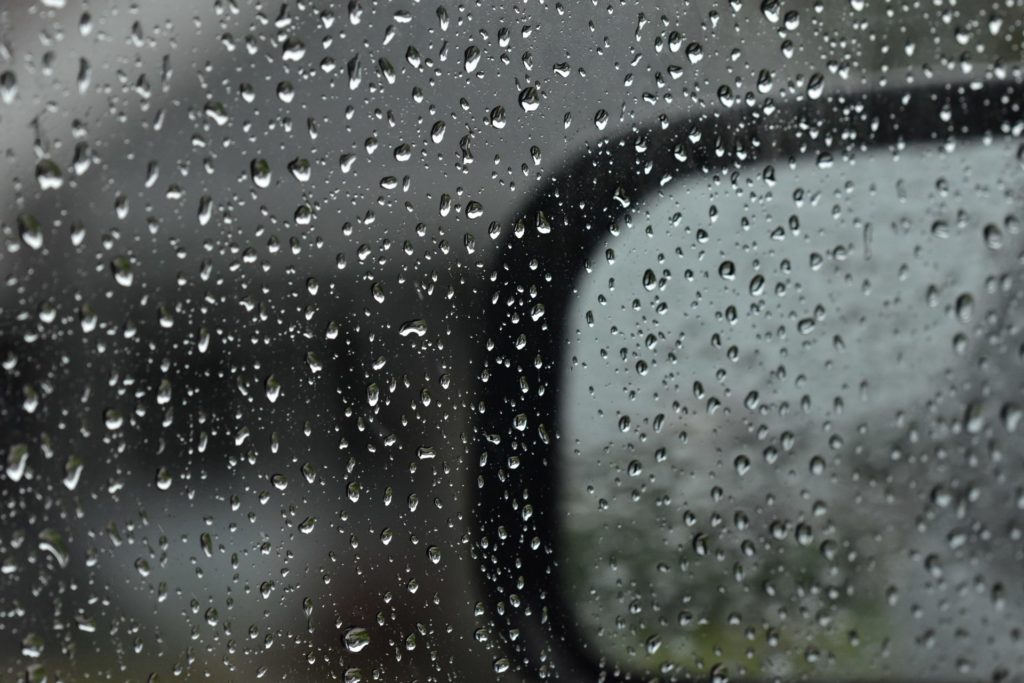
Such a life made me feel lonely.
There was also a small room where I could smoke, and although I don’t usually smoke, I did smoke a few cigarettes a day while I was in the hospital. Whenever I smoked, I would have short conversations with the people in the room.
I was able to get a lot of information, and for a short time, I felt a kind of unity. Everyone is the same. It was also a place where all sorts of complaints were exchanged. I went there to smoke after lights out at night. There was always one of us there. I could get extra sleeping pills before 2:00 a.m., so I often went there before 2:00 a.m. to smoke. There was one person who always showed up at that time. I remember the person saying that we were like ghosts moving around at night.
I feel like being hospitalized at least once a year. The days there may be isolated from society, but it is also a time where I can forget everything.
If you don’t do anything and eat properly, you will usually be satisfied and leave the hospital in three months. The cost of hospitalization varies depending on your income, but I think it was about 3,000 yen a day for a private room with meals. Of course, the insurance would pay the entire amount, but I felt bad for the insurance company, so I would probably not be hospitalized again. It’s been two years since I retired. Now that I have a pension, I can live a minimum life.
The problem is what to do now.
There are some people who can work with the disabled, but I don’t think I can do it. I often wish I had enough money. I want to start with what I can do. The Internet is spreading all over the world. I can speak a little English, so I would be happy if I could get some money from translation requests from overseas, or from contacting foreign people who need Japanese people online.
However, it is too much to bear that this is the end of my life.
Vengeance is not something that goes away easily, but it’s a little too early to end my life.
There must be something that only I can do. The Internet can be a great help for that.
I can only hope that the reversal of my life will happen in the future.
If you think that a mental hospital is a scary place, it is a temporary refuge. It is not a scary place, as far as I am concerned.
And if you are mentally ill, desperate to live, and on the verge of death and unable to move, you can be hospitalized. Even though prejudice is still a part of it.




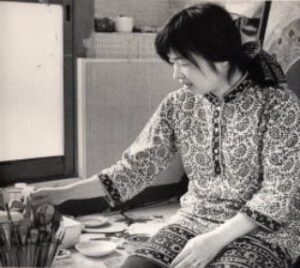

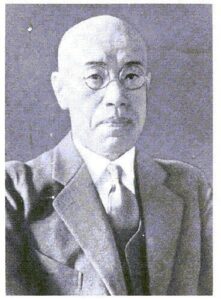


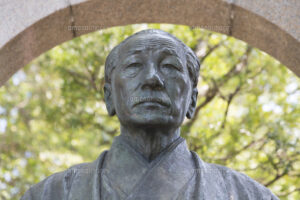
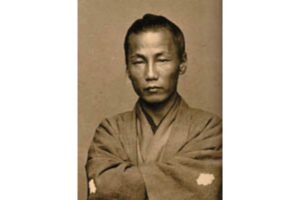

コメント